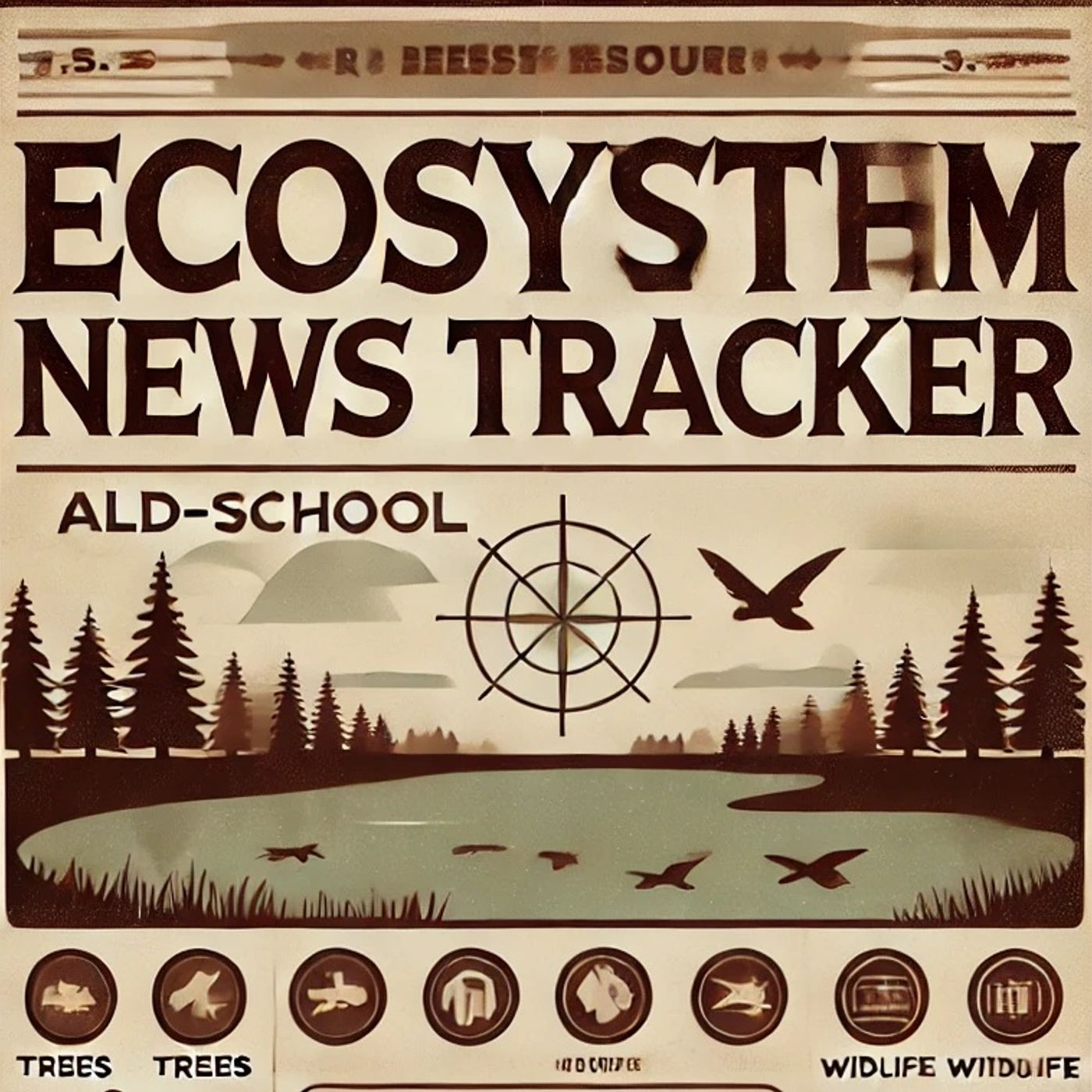Jan 22 2025 3 mins
Collaborating for Climate: Insights from a Data-Driven Educator Workshop in Hawai‘i
On January 24, 2025, a virtual gathering highlighted a pivotal event in climate education and action in Hawai‘i. Titled “Collaborating For Climate: Insights From a Data-Driven Educator Workshop in Hawai‘i,” this workshop showcased innovative efforts to integrate data and education in addressing climate challenges. The session was led by Emily Sesno, an Outreach Biologist at the USGS Pacific Islands Climate Adaptation Science Center, and took place from 2:00 to 2:30 pm Eastern time, aligning with 11:00 to 11:30 am Pacific time.
The workshop served as a platform bringing together educators and scientists to enhance the understanding and teaching of climate science, focusing specifically on data-driven approaches. The initiative aimed to foster a collaborative educational environment, leveraging data analysis and technology to translate complex climate science into educational tools accessible to students and communities.
Emily Sesno emphasized the critical role of data in understanding climate patterns and impacts, particularly in a region as ecologically and culturally unique as Hawai‘i. By utilizing data from the USGS and other scientific sources, educators can provide students with hands-on learning experiences that demonstrate the real-world implications of climate science. Sesno articulated how data visualization and analysis are essential in making the subject matter engaging and relevant, teaching students not only to interpret data but also to appreciate its importance in decision-making processes.
A key takeaway from the workshop highlighted the importance of adapting educational strategies to incorporate indigenous knowledge and perspectives, complementing scientific data with traditional ecological insights. This integrated approach ensures that climate education is not only informative but also culturally resonant and respectful of native traditions and wisdom.
The participants were encouraged to collaborate beyond the workshop, envisioning a community of practice that spans schools, organizations, and local governments. Such collaboration can enhance the capacity of educators and students to contribute meaningfully to climate resilience efforts. By aligning educational goals with climate action strategies, the workshop sought to empower the next generation of climate scientists, activists, and informed citizens.
Workshops like this underscore the necessity of equipping educators with the resources and knowledge they need to effectively address climate change through education. By fostering collaborations that transcend individual classrooms and extend into the broader community, this initiative reflects a growing recognition of the role education plays in climate adaptation and resilience.
In conclusion, “Collaborating For Climate: Insights From a Data-Driven Educator Workshop in Hawai‘i” exemplified the power of interdisciplinary collaboration and data-driven education in tackling climate challenges. Through the leadership of Emily Sesno and the USGS Pacific Islands Climate Adaptation Science Center, educators in Hawai‘i are better equipped to engage students with meaningful climate science education, ultimately contributing to a resilient and sustainable future for all.
On January 24, 2025, a virtual gathering highlighted a pivotal event in climate education and action in Hawai‘i. Titled “Collaborating For Climate: Insights From a Data-Driven Educator Workshop in Hawai‘i,” this workshop showcased innovative efforts to integrate data and education in addressing climate challenges. The session was led by Emily Sesno, an Outreach Biologist at the USGS Pacific Islands Climate Adaptation Science Center, and took place from 2:00 to 2:30 pm Eastern time, aligning with 11:00 to 11:30 am Pacific time.
The workshop served as a platform bringing together educators and scientists to enhance the understanding and teaching of climate science, focusing specifically on data-driven approaches. The initiative aimed to foster a collaborative educational environment, leveraging data analysis and technology to translate complex climate science into educational tools accessible to students and communities.
Emily Sesno emphasized the critical role of data in understanding climate patterns and impacts, particularly in a region as ecologically and culturally unique as Hawai‘i. By utilizing data from the USGS and other scientific sources, educators can provide students with hands-on learning experiences that demonstrate the real-world implications of climate science. Sesno articulated how data visualization and analysis are essential in making the subject matter engaging and relevant, teaching students not only to interpret data but also to appreciate its importance in decision-making processes.
A key takeaway from the workshop highlighted the importance of adapting educational strategies to incorporate indigenous knowledge and perspectives, complementing scientific data with traditional ecological insights. This integrated approach ensures that climate education is not only informative but also culturally resonant and respectful of native traditions and wisdom.
The participants were encouraged to collaborate beyond the workshop, envisioning a community of practice that spans schools, organizations, and local governments. Such collaboration can enhance the capacity of educators and students to contribute meaningfully to climate resilience efforts. By aligning educational goals with climate action strategies, the workshop sought to empower the next generation of climate scientists, activists, and informed citizens.
Workshops like this underscore the necessity of equipping educators with the resources and knowledge they need to effectively address climate change through education. By fostering collaborations that transcend individual classrooms and extend into the broader community, this initiative reflects a growing recognition of the role education plays in climate adaptation and resilience.
In conclusion, “Collaborating For Climate: Insights From a Data-Driven Educator Workshop in Hawai‘i” exemplified the power of interdisciplinary collaboration and data-driven education in tackling climate challenges. Through the leadership of Emily Sesno and the USGS Pacific Islands Climate Adaptation Science Center, educators in Hawai‘i are better equipped to engage students with meaningful climate science education, ultimately contributing to a resilient and sustainable future for all.
